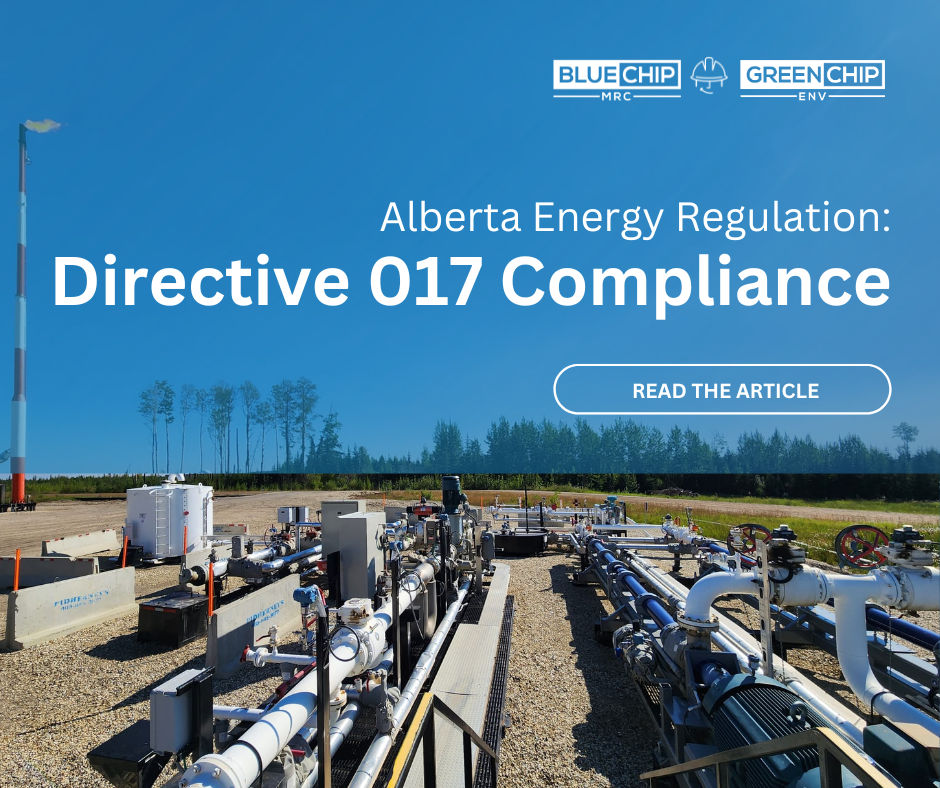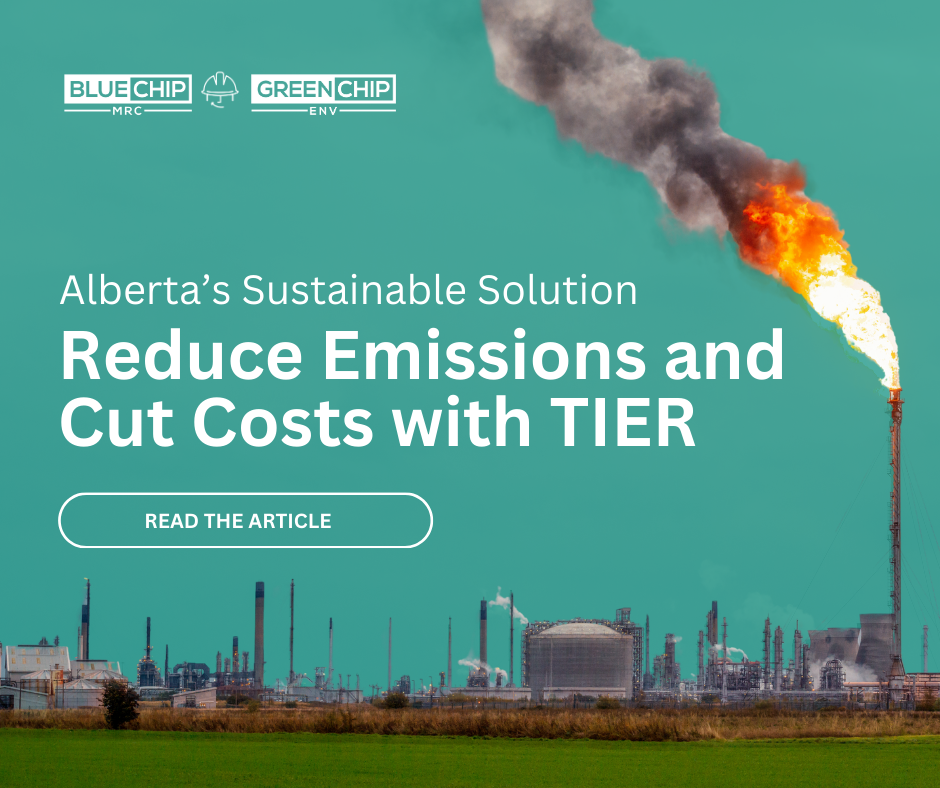In the face of climate change and the urgent need to reduce greenhouse gas (GHG) emissions, measuring a company’s carbon footprint has become a crucial step towards sustainability. By quantifying and monitoring these emissions, companies can not only contribute to global efforts in combating climate change but also potentially earn carbon credits.
Measuring GHG emissions can lead to the acquisition of carbon credits, offering financial incentives and promoting environmental responsibility.
Understanding GHG Emissions
Setting Baseline and Reduction Targets
Implementing Emission Reduction Strategies
Carbon Offsetting and Credits
Certification and Validation
Financial Incentives
Enhancing Reputation and Stakeholder Engagement
Measuring GHG emissions is not only a crucial step towards environmental responsibility but also a gateway to acquiring carbon credits. Through accurate measurement, targeted reduction strategies, and certification, companies can offset their emissions, earn financial incentives, and enhance their reputation. Embracing sustainability practices not only benefits the environment but also positions companies as leaders in the fight against climate change. By measuring GHG emissions, companies can navigate towards a more sustainable future, contributing to global efforts to mitigate climate change.
If you need help or direction to make sure your measurement and reporting practices are equitable and compliant, we can help you do it right. If you’re interested in learning more on this topic, with additional questions or discussions, please send me an email waynedunnington@bluechipmrc.com.
Know someone who might be interested in this ? Share it with them!
Until next time…




